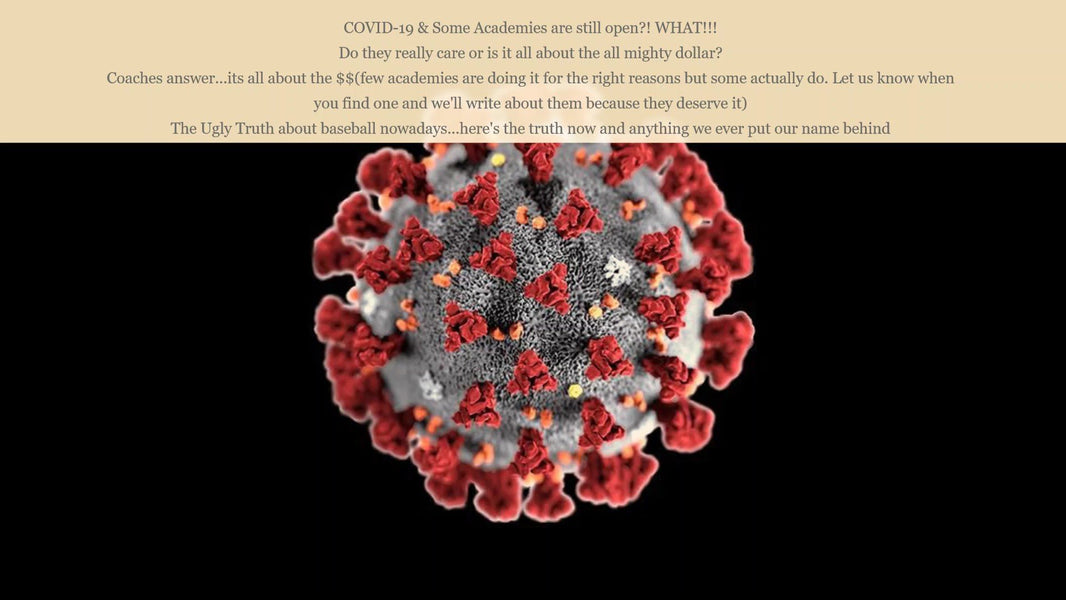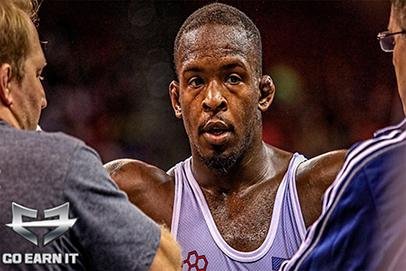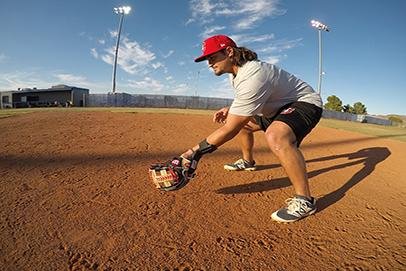Managing the playing time of your players is one of the most important jobs you have as a youth coach. Outside of whatever your league rules are in regards to playing time, you have a responsibility to your players and to their parents to have a policy in place, to stick with that policy and to make it known to both your players and your parents.
My philosophy has always been that the kids I coach get a lot of playing time. Although all of my kids played some "select sports", in general I think that the philosophy is screwed up because it usually becomes more about recruiting than developing players. Kids come and go because the coach doesn't play them enough or the parents think there child should be on a better team but to me the focus always seams to move from development to winning. Now the flip side of that is that in pure recreational teams you have a difficult time with player and parent commitment and the skill levels can be way below some of your better players. So it can be a very difficult thing to find a happy medium. In fact that is probably why players and parents move to "select leagues" as there children's skill level or the whole teams skill level has outgrown the league skill level and it starts to be a waste of time as you end up blowing out all of the teams you play or the individual athlete just isn't being challenged.
The other problem that I see with "select teams" is the burnout factor. Most of the "select teams" expect a year around commitment and I have a lot of concern with younger players playing a sport year around. This can be a real issue for younger players both from a burnout standpoint and from an injury standpoint. I have seen many players who by the time they get to high school now have injuries to shoulders and knees and I believe a lot of it stems from over use from playing year around or by the time they get to high school they just don't want to play anymore.
Managing playing time requires planning and coordination and practice. Whatever your playing time policy is whether its each player plays half the game or equal playing time for all players or whatever it is, each of you needs to set and abide by that policy and stick with it win or lose. As the head coach you must plan the way you are going to accomplish the minimum playing goals that you set.
The first step in this process is to determine who your starters are. Try to figure out how to put a competitive starting unit on the field or floor while maximizing the number of stronger players. You will have to learn to mix and match your stronger players with your weaker ones so that you always have some balance on the floor. The fact is that you will always have some players that will play a little more than others and you just have to try and balance it out. You also don't want to get into a situation where you become overly dependent on a few kids as the rest of the team won't develop and they also will start to depend on those kids. That's not fair to either those few players or the rest of your team. Make sure that you sit your better players a least a portion of the game so that your other players can learn to play without them. Practice your substitutions regularly in practice. If you have assistant coaches assign them the responsibility of subbing at particular positions. Make sure the players know who they are going in for and have the subbing player yell out the players name he is replacing. Before the game and during practice spend 5 minutes just sending kids in and out, with your assistant coaches monitoring all of the substitutions. Get good at it, it's something few coaches spend time working on and it can make a big difference in the outcome of your game.
Playing time isn't just about the amount of playing time a player gets but the opportunities a player gets. So the second part of this equation is getting players opportunities to maximize their confidence in their abilities. Now with that said, life is not fair and kids need to learn that too. Sometimes a kid will need to play a certain position as it is for the good of the team. Part of what you are teaching is "teamwork" after all. For example one of my soccer teams was always very competitive, I made sure that everyone got a lot of playing time and I would move kids around to different positions once they became skilled at the position they played most. I didn't move all of them around alot as some kids had a natural understanding of the game and some kids were completely lost. So if I moved everyone around all of the time no one would have learned how to play their position.
I had some kids that never wanted to move they enjoyed the position they played and I had some kids who always wanted to play forward as they wanted to score and to be honest some of the ones who wanted to play certain position just didn't have the skills to play those positions. So I had to have a game plan to accomplish that. So in this case I would have two substitution charts. One for if the game was close and one for if we were getting blown away or blowing away the other team. If the game was tight, the players would sub into the position that would best benefit the team. If the game was a blowout the players would sub into positions that they wanted to have more opportunities to play. Believe me when I say that this approach still did not make everyone happy. I still had a few parents that were not happy my philosophy. But I never waived. In fact I had a parent come across the field during a playoff game that we were winning and tell me that if I didn't put their son at forward during the last quarter they were not going to show up for the next game. It was a tight game and the player in question happened to be one of my best defenders. In fact the kid enjoyed defense and took pride in playing it. He was tough as nails and never backed down. Their thought was that he was better than one of the players that I was playing at forward and the fact was that he was. But I couldn't play the other player at defense because that player just wasn't strong enough and in order to get everyone equal playing time I need to keep that player at forward. So I kept him at defense and we won the game. They did show up the next day because it was the championship game. I never took it out on the kid because it wasn't his fault. We lost the championship game that year and they didn't return the following year, but the year after that they returned and asked if they could again join the team.
Bottom line, have a plan, stick with your plan win or lose. Communicate your plan to your players and their parents. Practice Practice Practice.











